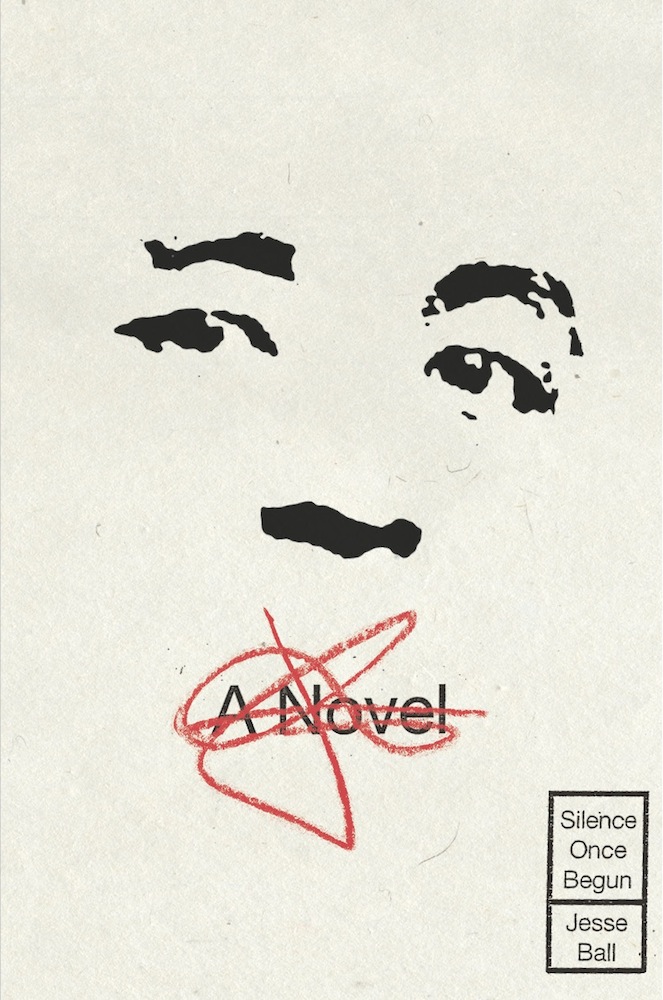Sound of Silence

“This is what we bear,” the detective-poet-journalist “Jesse Ball” muses in Jesse Ball’s latest novel, Silence Once Begun (Pantheon), “the nearness of other lives.” The stark, enigmatic, existential detective story actually posits another notion entirely: what we endure is the distance, how little we know a person, even ourselves over time. Through Q&A interviews and multiple Rashomon-like conflicting reminiscences, the fictional Ball investigates the wrongful conviction and execution of a young, disaffected man in a small Japanese fishing village who confessed responsibility for a series of disappearances in the late 1970s. After the date of his signed confession, the accused barely speaks. Ball, who is perhaps the closest contemporary American writer we have to Italo Calvino in ear and mind, excels at wrapping the reader around an empty center—a quiet so potent it is like the Cagean notion that it is not silence that accentuates sound, but sounds that define the silence. While the solution to the crime may bend sense to a breaking point, this fragile, evocative testament to the impermeability of the self is more about the ways in which we will never get solved.
SILENCE ONCE BEGUN IS OUT NOW. INTERVIEW’S EDITOR-AT-LARGE AND NOVELIST CHRISTOPHER BOLLEN WILL INTERVIEW JESSE BALL TONIGHT, FEBRUARY 4, AT MCNALLY JACKSON IN SOHO, NEW YORK. FOR MORE INFORMATION, VISIT THE MCNALLY JACKSON WEBSITE.






